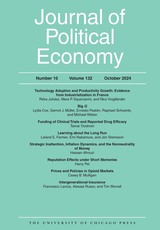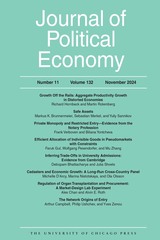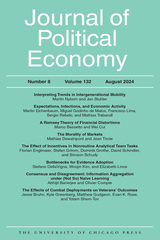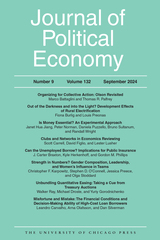
The Cuban economy has been transformed over the course of the last decade, and these changes are now likely to accelerate. In this edited volume, prominent Cuban economists and sociologists present a clear analysis of Cuba’s economic and social circumstances and suggest steps for Cuba to reactivate economic growth and improve the welfare of its citizens. These authors focus first on trade, capital inflows, exchange rates, monetary and fiscal policy, and the agricultural sector. In a second section, a multidisciplinary team of sociologists and an economist map how reforms in economic and social policies have produced declines in the social standing of some specific groups and economic mobility for others.
A joint collaboration between scholars at Harvard University and in Cuba, this book includes the same editors and many of the same authors of The Cuban Economy at the Start of the Twenty-First Century (edited by Jorge I. Domínguez, Omar Everleny Pérez Villanueva, and Lorena G. Barberia), which is also part of the David Rockefeller Center series.

How can Cuba address the challenges of economic development and transformation that have bedeviled so many Latin American and Eastern European countries? What are the universally common macroeconomic and societal challenges it faces and the specific peculiarities that have emerged after a decade-long transformation of its economy?
For the Cuban and American social scientists and policy experts writing in this timely and provocative volume, the answer lies in examining Cuba’s development trajectory by delving into issues ranging from the political economy of reform to their impact on specific sectors including export development, foreign direct investment, and U.S.–Cuba trade. Moreover, the volume also draws attention to the intersection between economic reform and societal dynamics by exploring changes in household consumption, socioeconomic mobility, as well as remittances and their effects, while remaining steadfast in its focus on their policy implications for Cuba’s future.

Cuba’s economy has grown hardly at all during Raúl Castro’s presidency (beginning in 2006), hit by the economic collapse of its Venezuelan partner and burdened by a legacy of decayed infrastructure, a bankrupt sugar industry, and stagnant agriculture.
The Cuban Economy in a New Era diagnoses the ills that afflict Cuba’s economy and examines possible economic policy changes in seven areas: macroeconomic policy, central planning, small and medium private enterprises, nonagricultural cooperatives, financing options for the new private sector, state enterprise management, and relations with international financial institutions. Cuban economists have contributed these seven chapters, and the combined import is further considered in introductory and concluding chapters. The book is the culmination of over a decade of scholarly collaboration with Harvard scholars, anchored in a series of workshops held over several years in Cambridge, Massachusetts, and Havana.

Cuba has long been a social policy pioneer in Latin America. Since the 1959 revolution, its government has developed ambitious social policies to address health care, higher education, employment, the environment, and broad social inequalities, among other priorities. Cuban strategies emphasized universal rights and benefits, provided free of financial cost to users, and implemented under centralized and unitary policy design.
Following the Soviet Union’s collapse in 1991, funds for these policies came under strain, although systematic efforts have been made to sustain them. Poverty rates and inequality have risen. Access to higher education has become more difficult. Access to health care has become less reliable. Environmental policies are both more salient and more difficult to sustain. The government has resisted privatization policies, but has sought to decentralize the implementation of various policies, fostering non-state cooperatives as well. At the same time, many Latin American governments have experimented with new social policies that, in this century, reduced poverty rates significantly and in some countries somewhat reduced various inequalities.
Still facing severe economic challenges, Cuba may look to learn from the policies of its Latin American neighbors, in some instances for the first time ever. This book analyzes these issues comparatively and in depth.
READERS
Browse our collection.
PUBLISHERS
See BiblioVault's publisher services.
STUDENT SERVICES
Files for college accessibility offices.
UChicago Accessibility Resources
home | accessibility | search | about | contact us
BiblioVault ® 2001 - 2024
The University of Chicago Press









